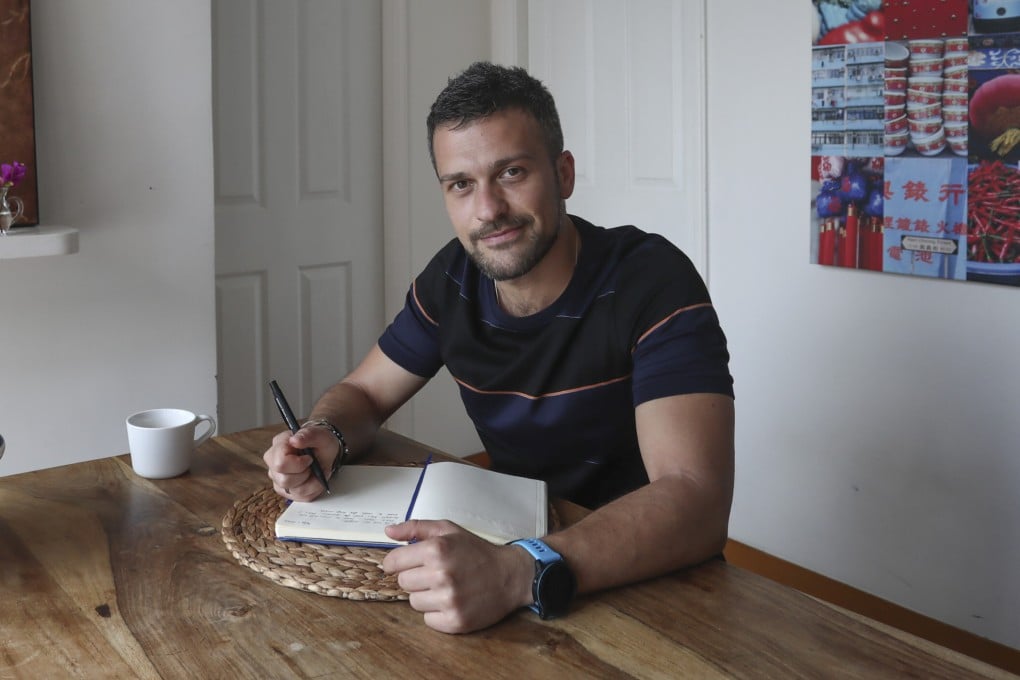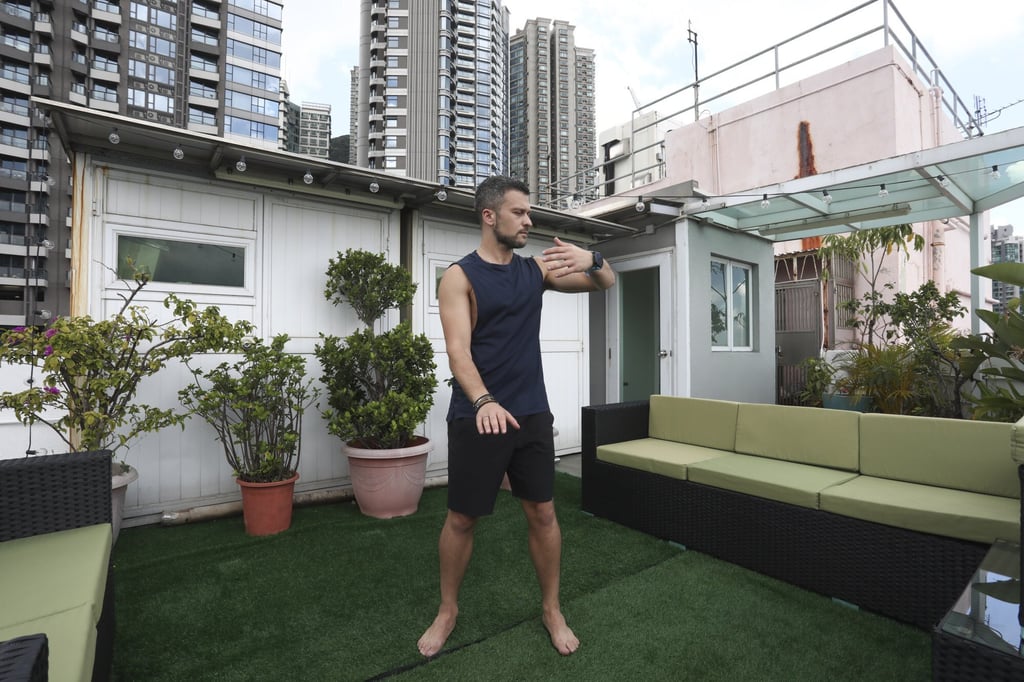Waking up early lowers the risk of depression – how you can become a morning person and the benefits you’ll feel
- Waking up just one hour earlier reduces your risk of major depression by 23 per cent, according to a study of 840,000 people by three US universities
- Try waking up at the same time for two weeks, keep the alarm away from your bed so you’re forced to get up, and expose yourself to bright light when you wake up

Nicholas Moutafis has always been an early riser. Over the years, he’s gone from waking up at 6am to 5am every morning, a schedule that he says puts him “in the right head space and mood” to have a productive day.
“After waking up at 5am, I drink some water and prepare my coffee,” says the 39-year-old marketing and business development manager, who was born in South Africa and has lived in Hong Kong since 2016.
“Then, I either read a little or write in my journal. Between 6am and 7am, I do my CrossFit workout, and at 7am I have breakfast and prepare both my and my partner’s lunches for us to take to the office. At 8am, I do 30 minutes of qigong and then get ready for work.”
Moutafis is grateful for these first few hours of the day. “Reading and journaling are good for my soul, CrossFit takes care of my body, and qigong calms my mind. This routine gives me more energy and makes me more productive throughout the day. It’s time for myself before the world wakes up and the daily pressures of life and work begin.”

Not everyone finds it easy waking up at the crack of dawn, but, according to a new study, you can enjoy the same feel-good benefits of early rising that Moutafis does by resetting your alarm just one hour earlier every morning.